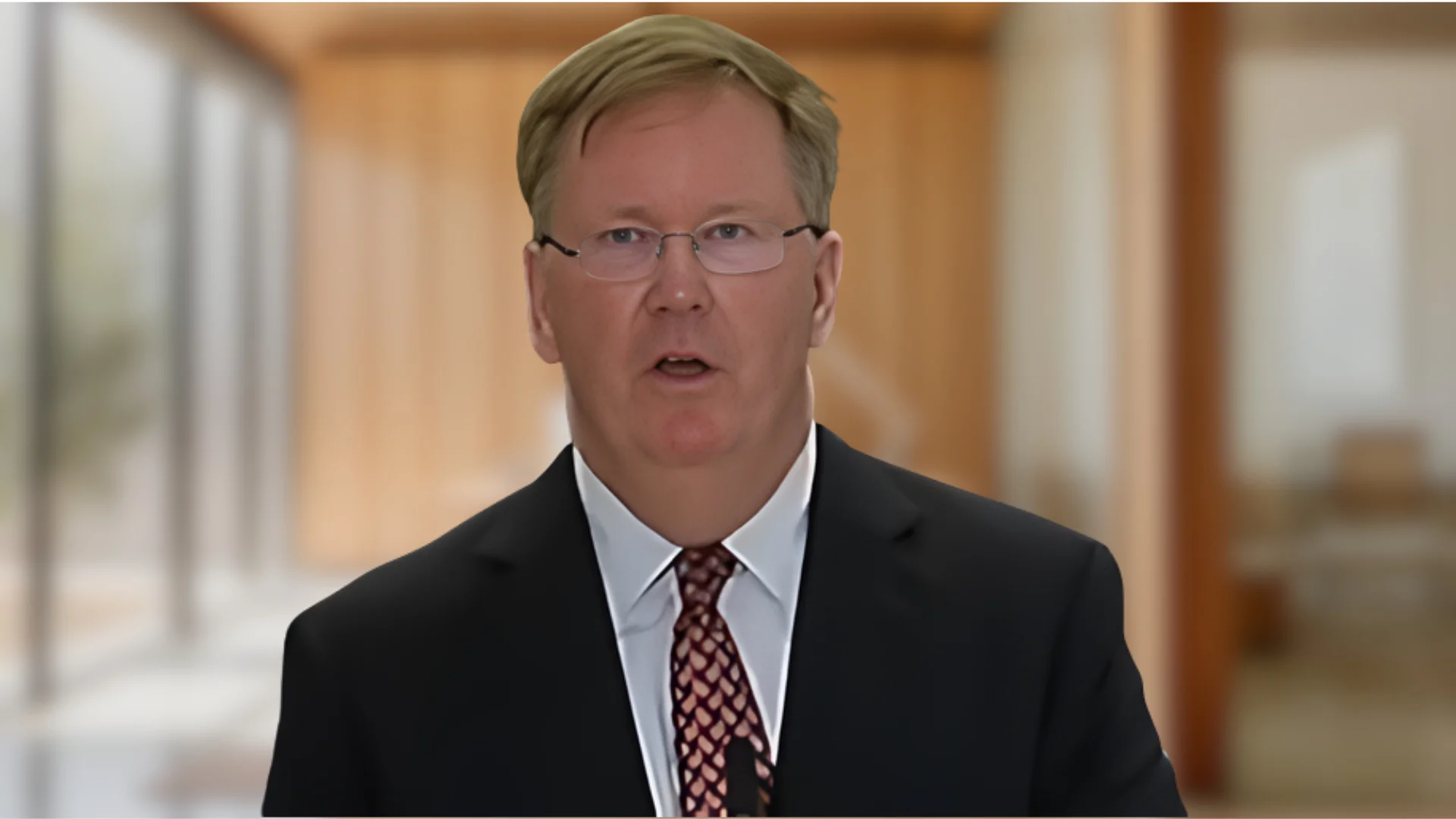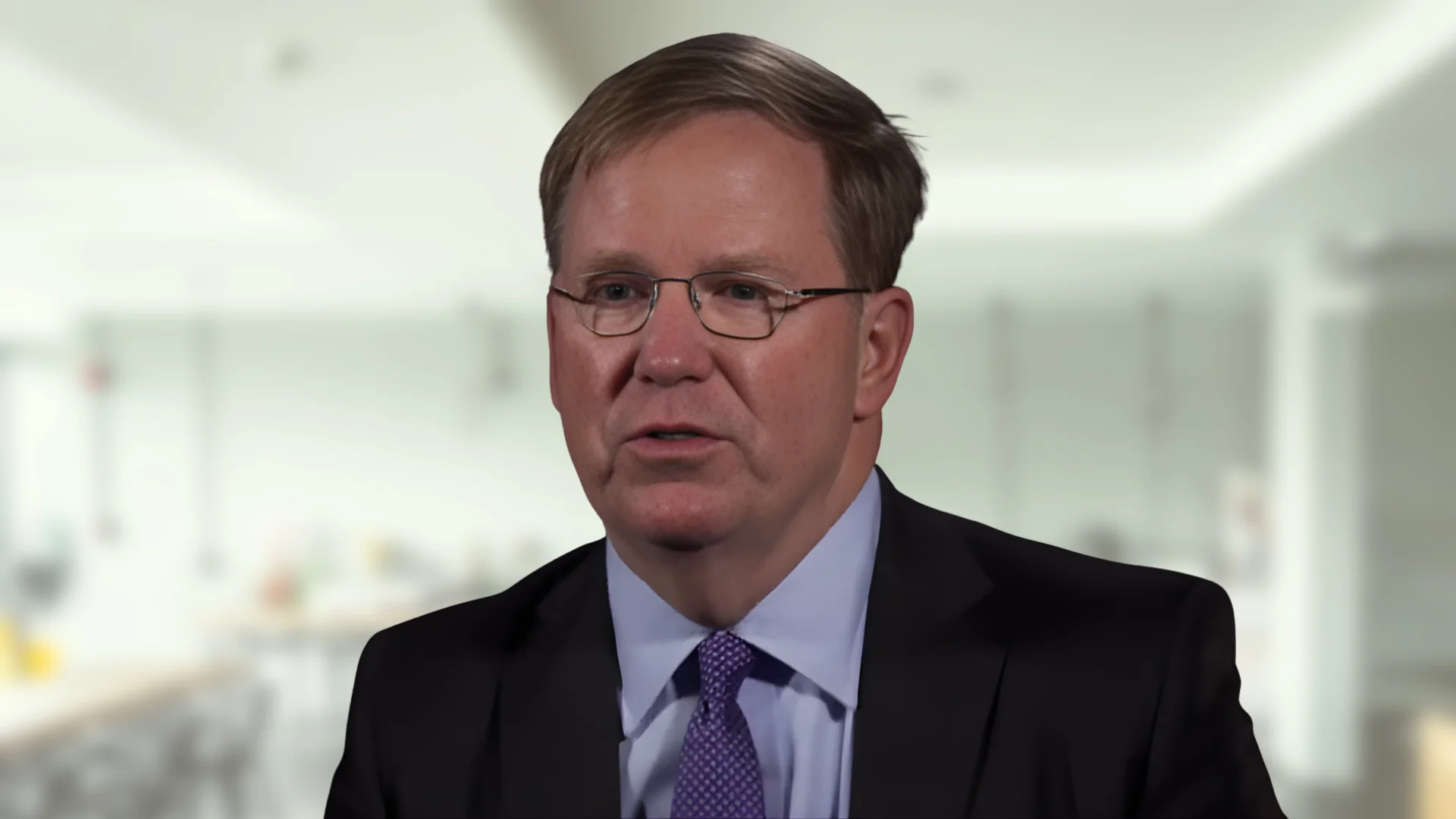
Tiger Joyce, President for American Tort Reform Association | Youtube
The American Tort Reform Association (ATRA) has released a report alleging widespread fraudulent and abusive litigation in civil courts, recommending enforcement and rule reforms. The report, titled "Sanctionable," highlights patterns of inflated or unsupported personal injury filings and mass tort claims. It raises concerns over made-for-litigation studies, aggressive legal advertisements, and weak front-end vetting in multidistrict litigations (MDLs). The report argues that these screening gaps burden courts and defendants, delay relief for legitimate claimants, and pressure global settlements. Recommended solutions include stronger judicial sanctions, attorney discipline, targeted enforcement by U.S. attorneys, and clearer procedural rules.
According to the report, the alleged abuse has significant economic implications. Research by The Perryman Group estimates excessive tort burdens at $367.8 billion annually, which translates to a "tort tax" of approximately $1,666 per person. ATRA cites these findings to argue that unchecked litigation raises prices and insurance premiums, impacting households and small businesses.
A second data point in the report focuses on the concentration of federal civil cases in MDLs. Recent reporting indicates that MDLs account for roughly two-thirds of the federal civil docket. This scale amplifies the impact of any unsupportable claims, increasing defense and court administration costs. Reform proponents suggest that early vetting and Rule 16.1 implementation could reduce inventories of weak claims and improve compensation speed for legitimate plaintiffs.
Founded in 1986 and headquartered in Washington D.C., ATRA is a nonprofit advocacy organization focused on civil justice policy. It promotes legal reforms it says will enhance fairness, efficiency, and economic competitiveness. ATRA publishes research, tracks litigation trends including its "Judicial Hellholes" reports, coordinates state coalitions, and engages lawmakers and courts on procedural rulemaking.





 Alerts Sign-up
Alerts Sign-up